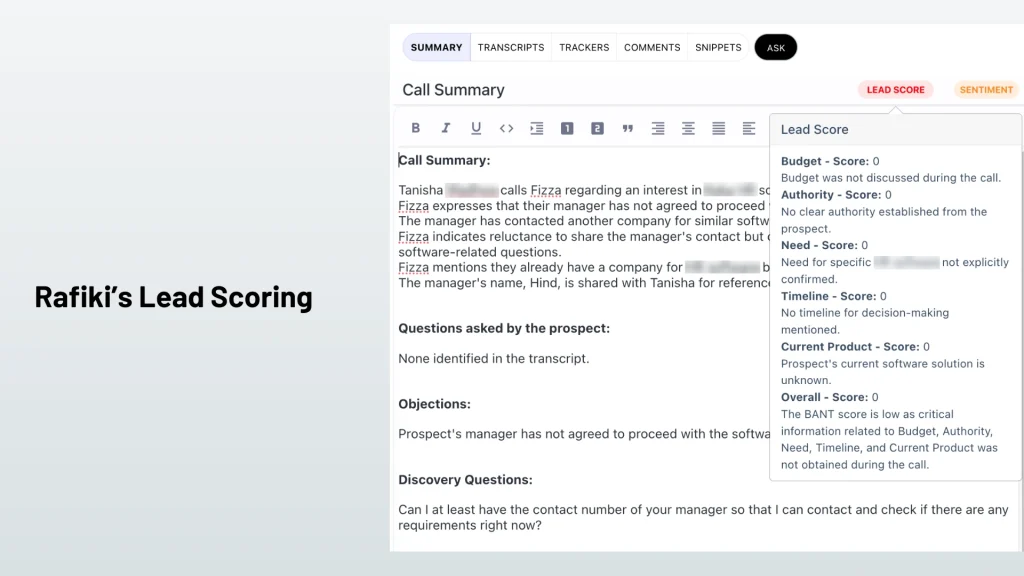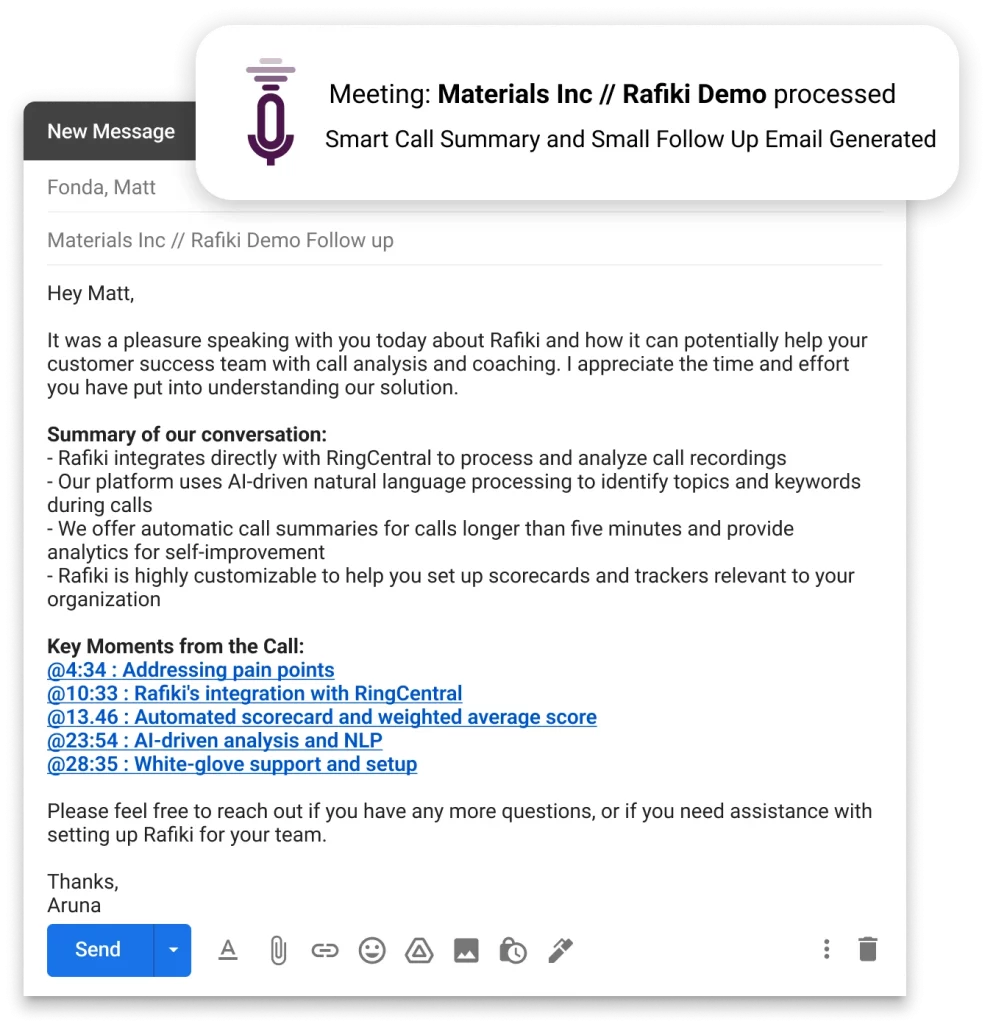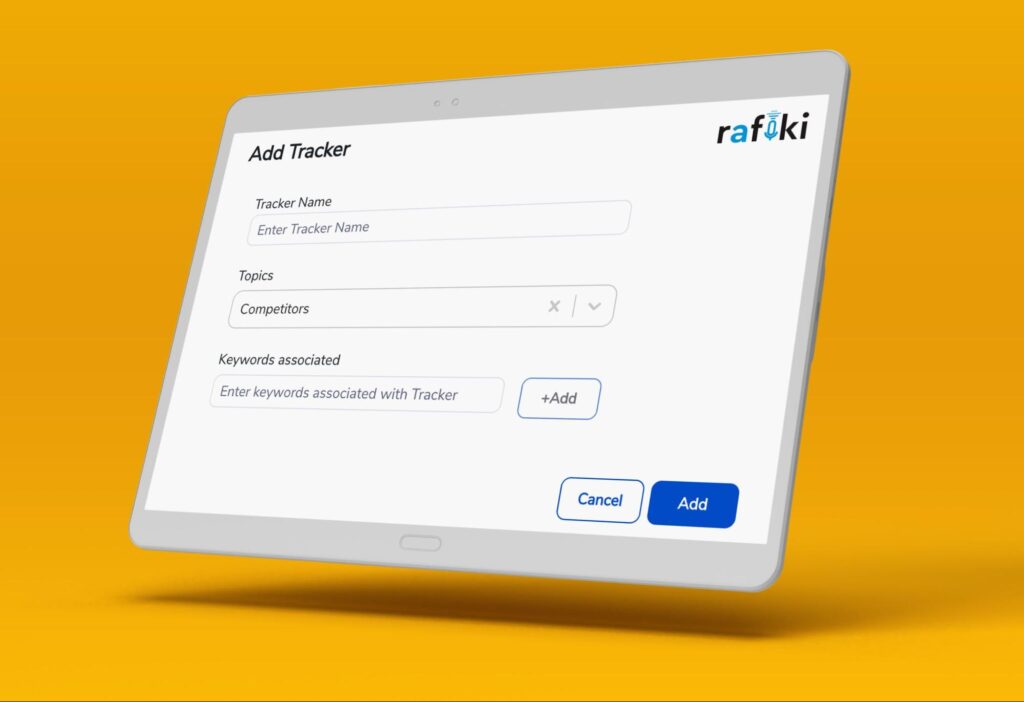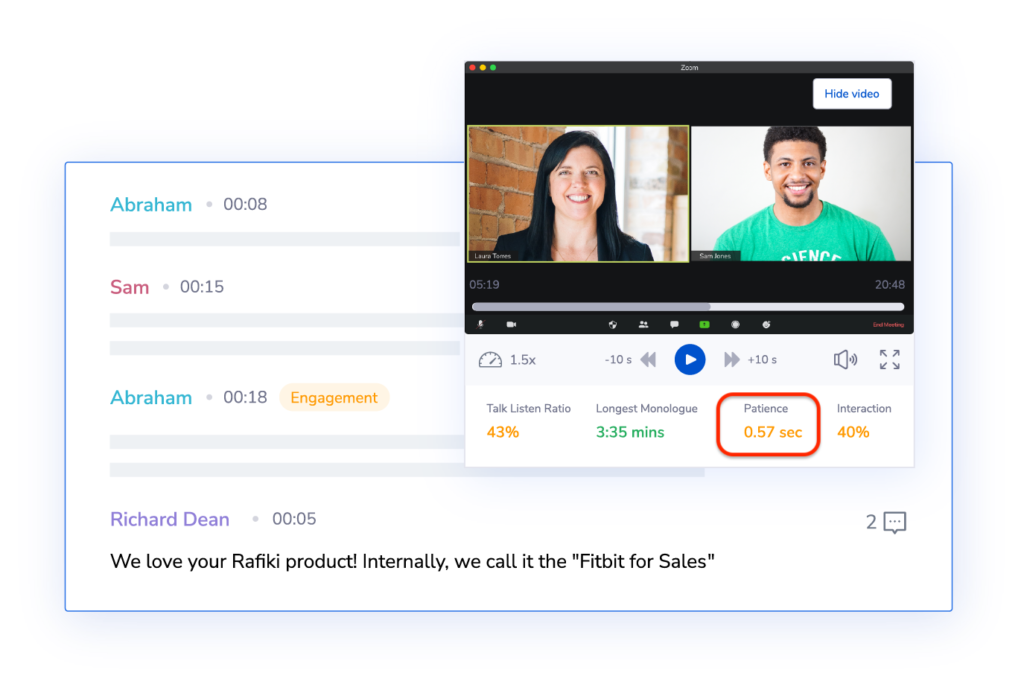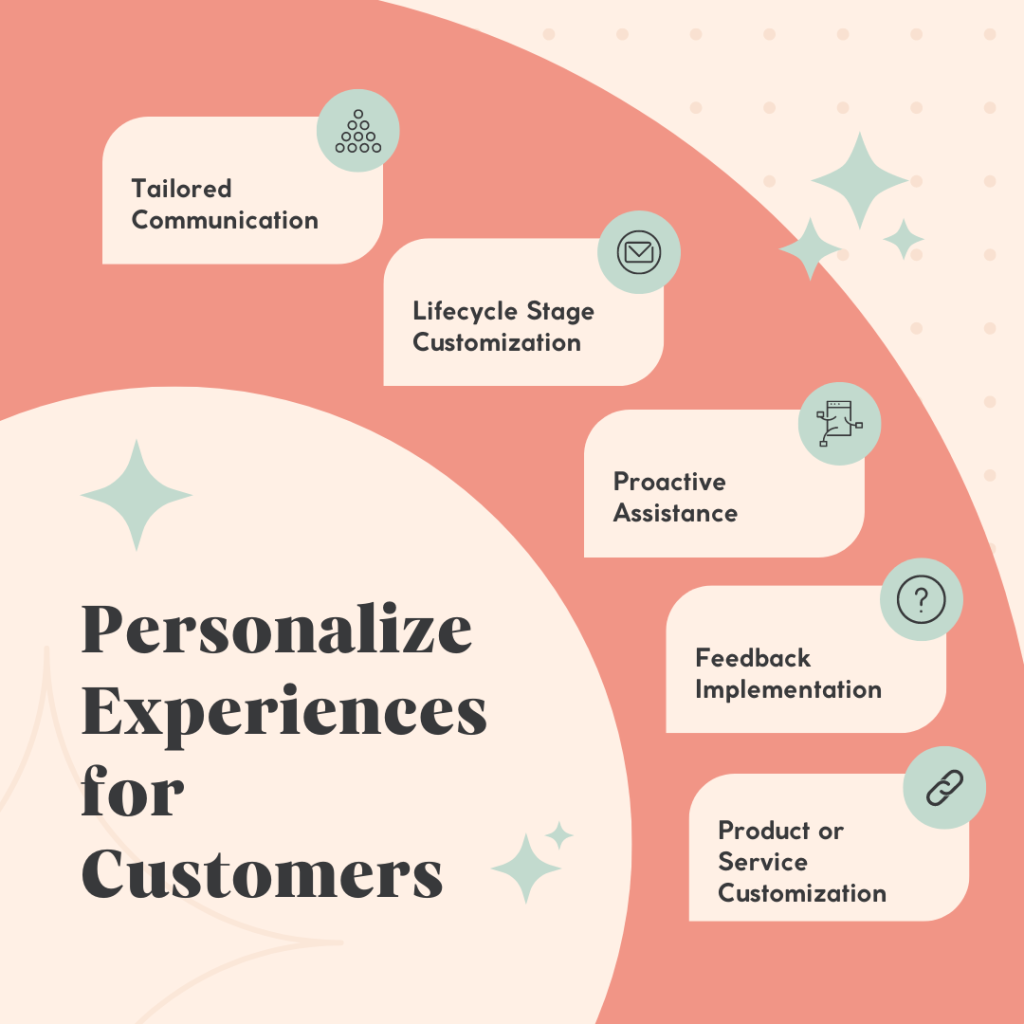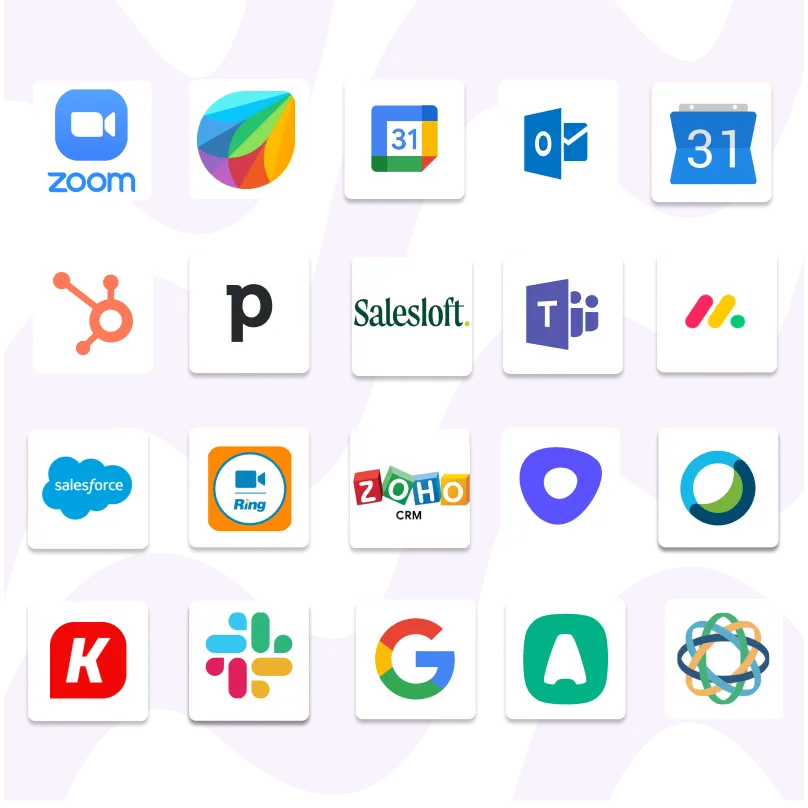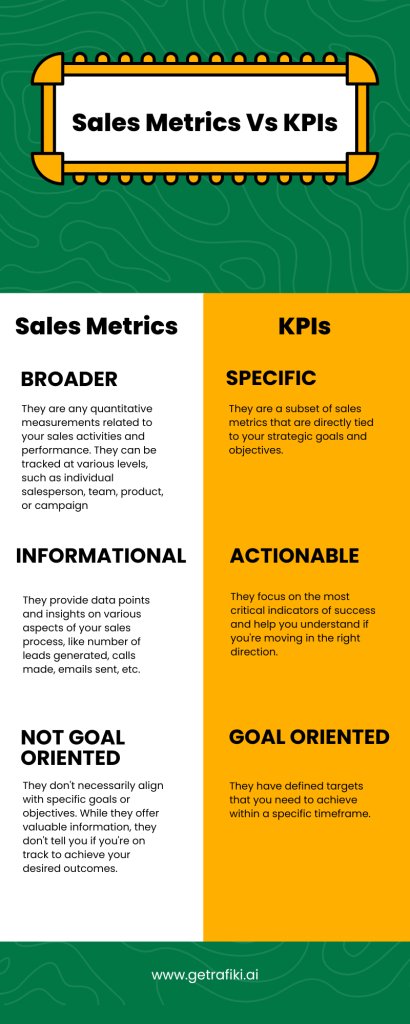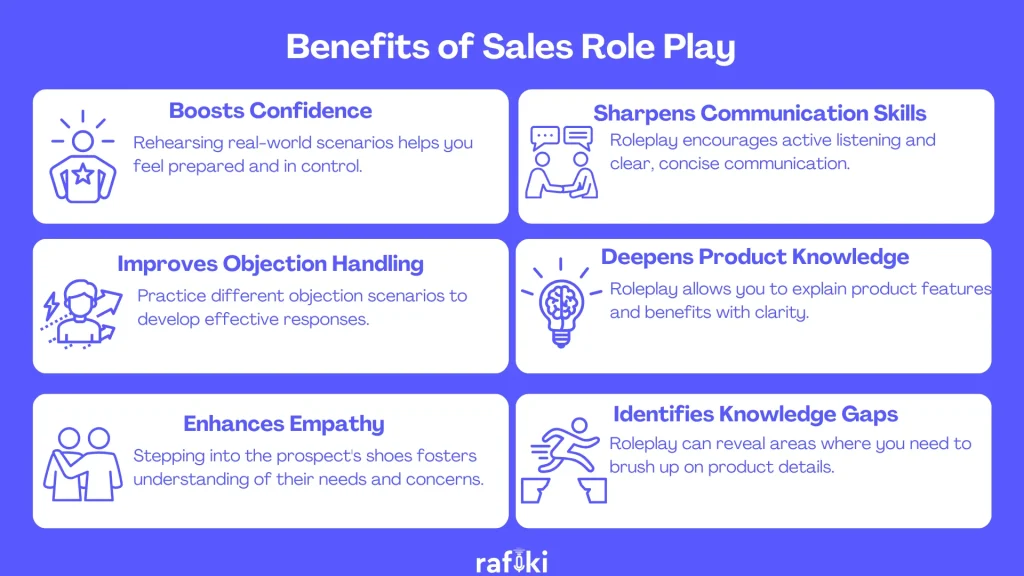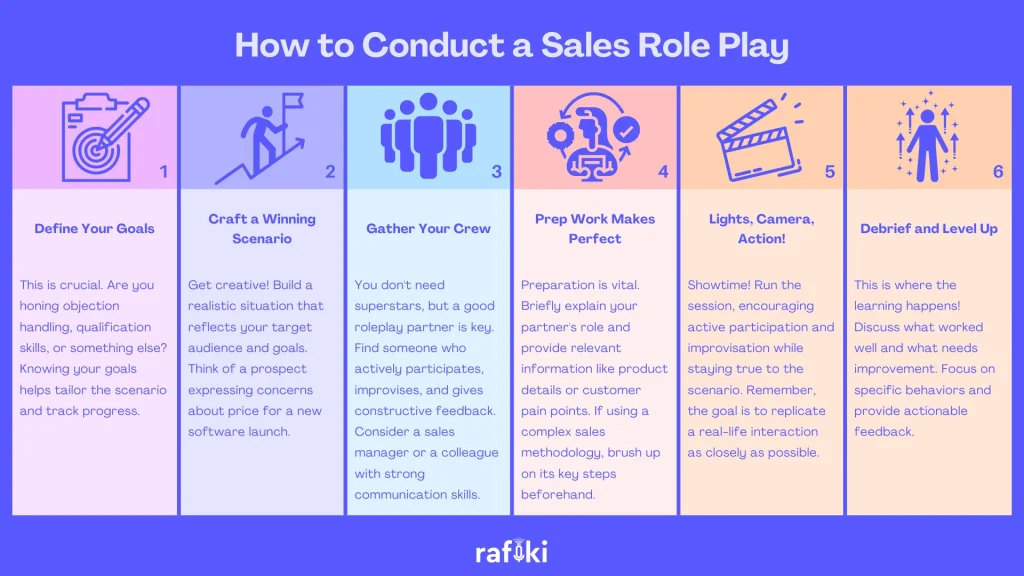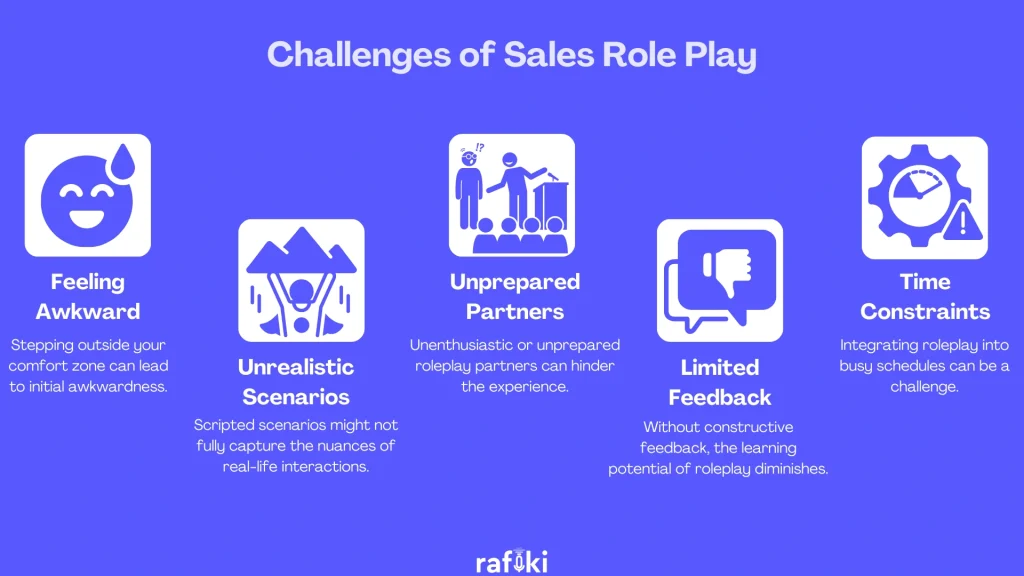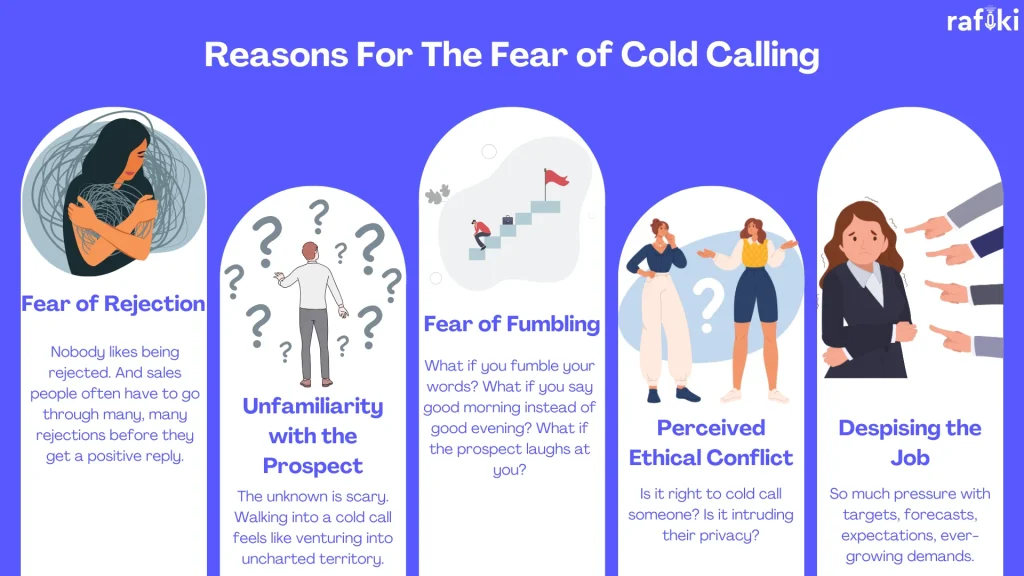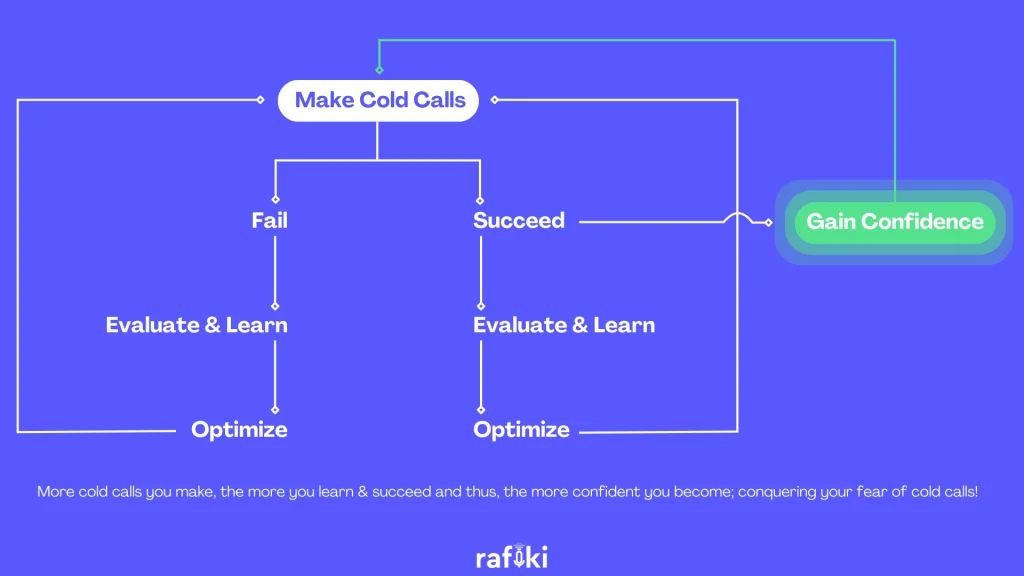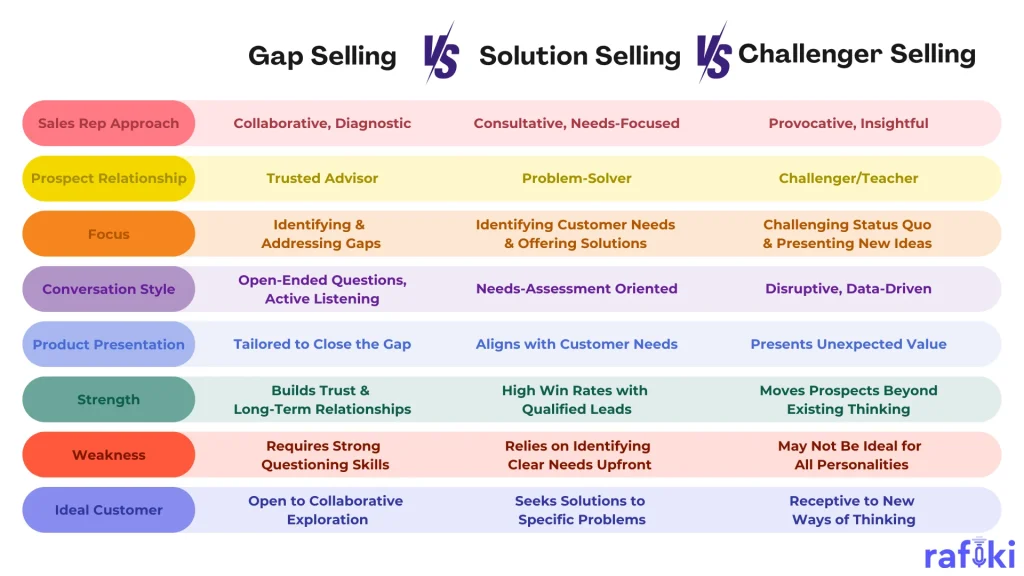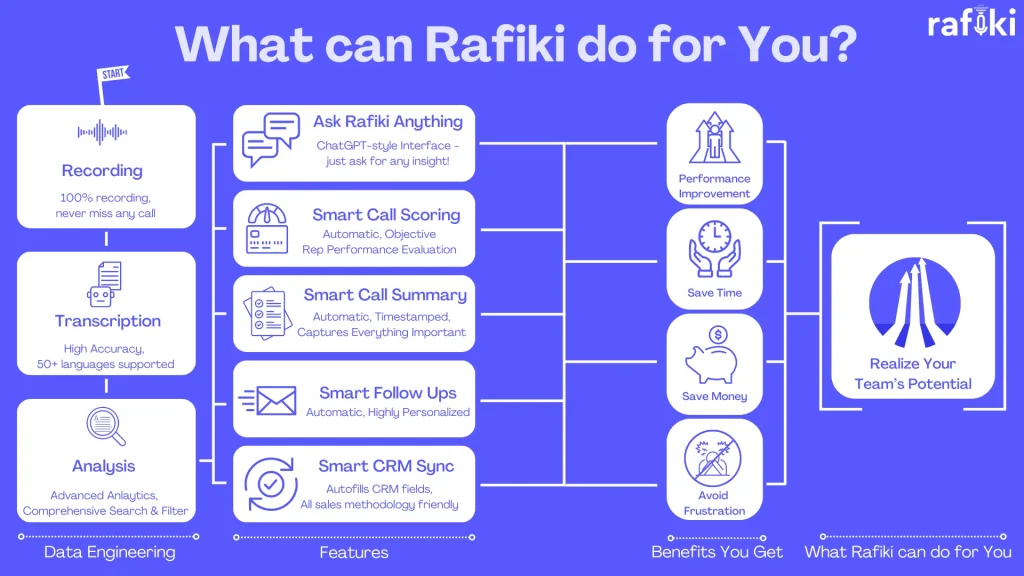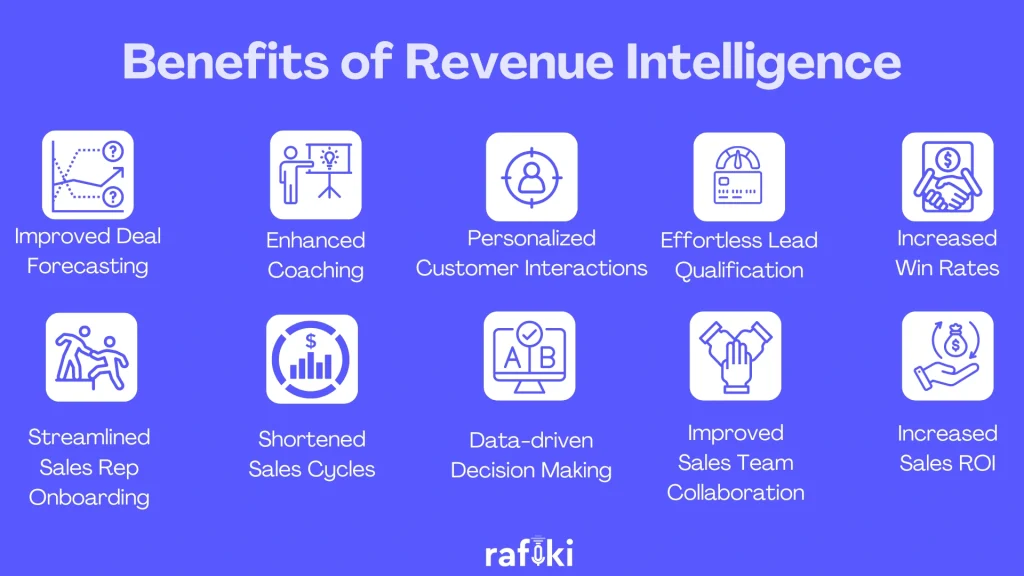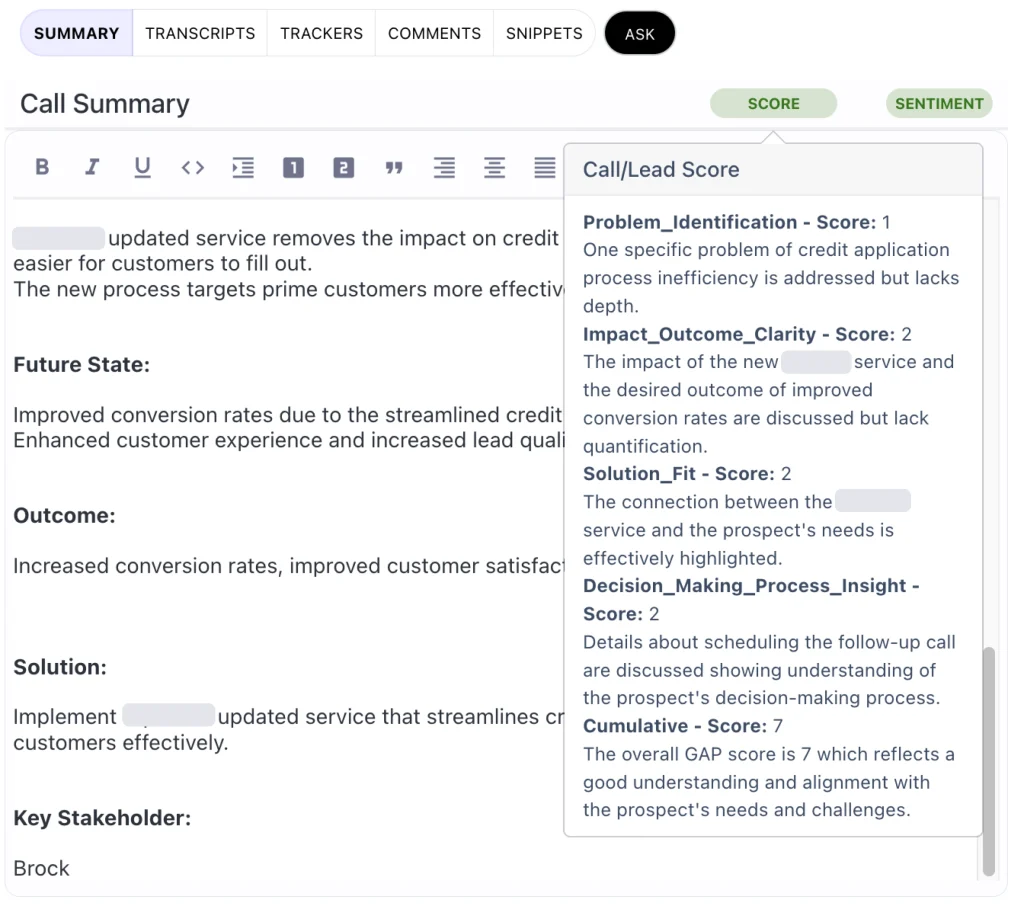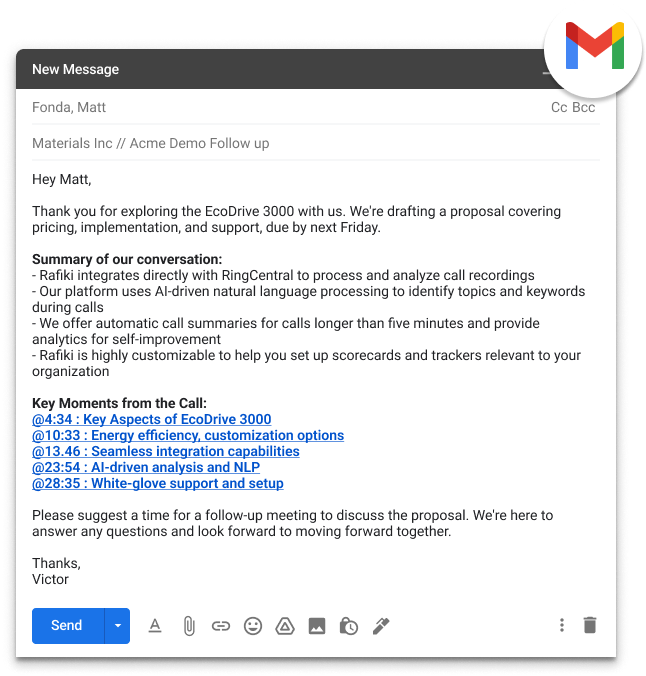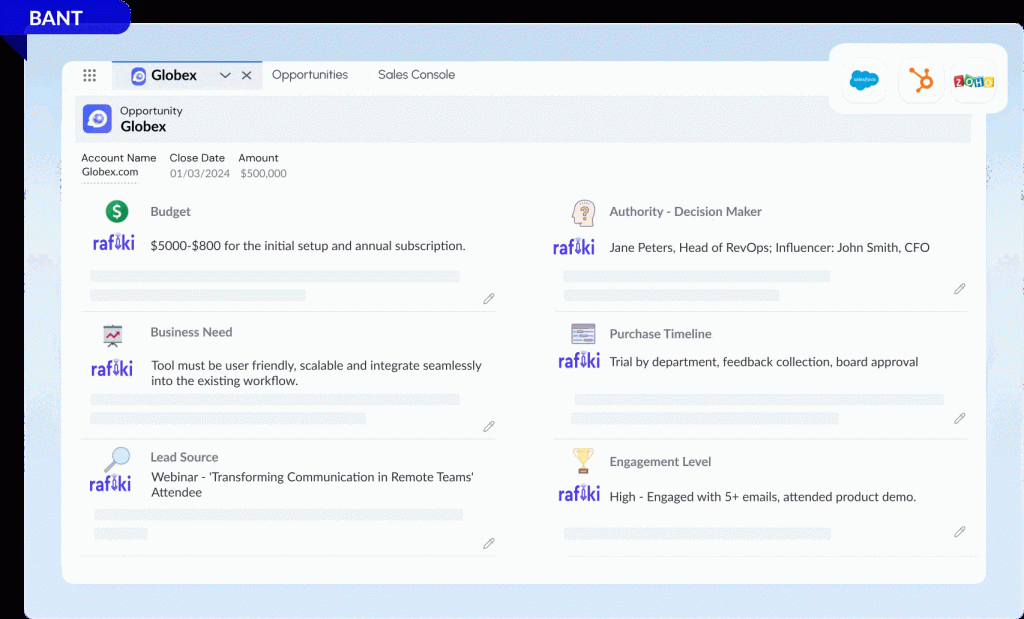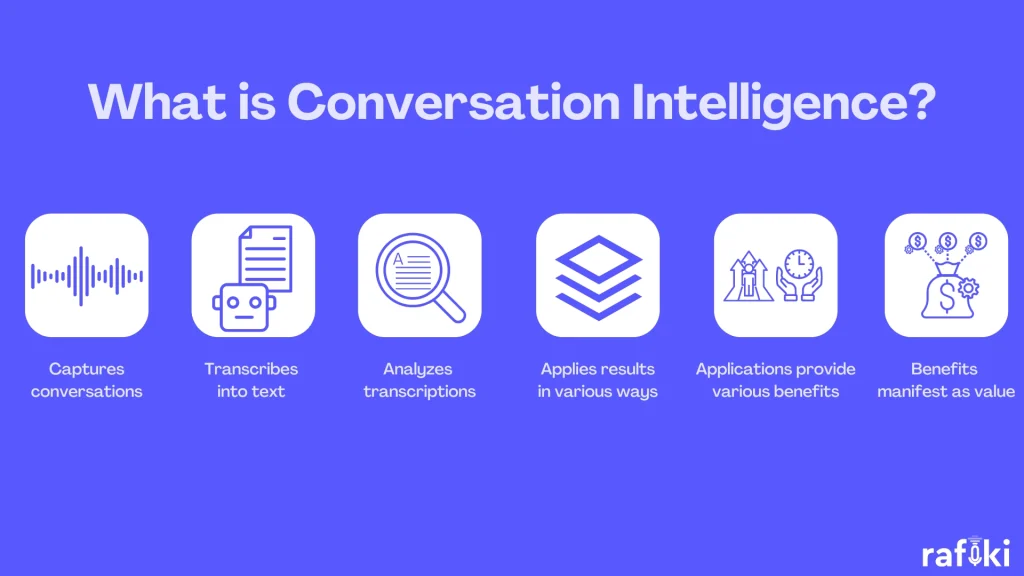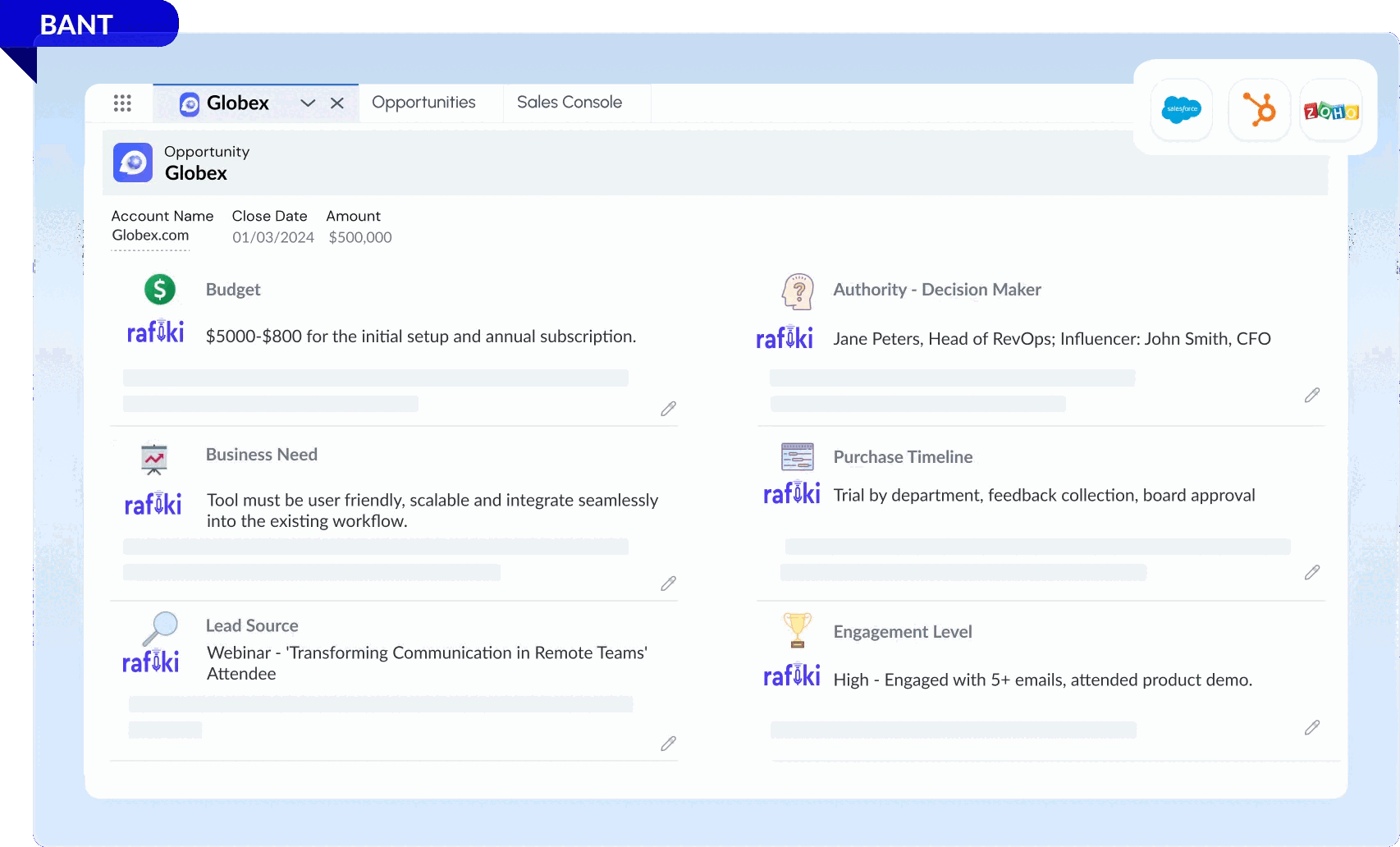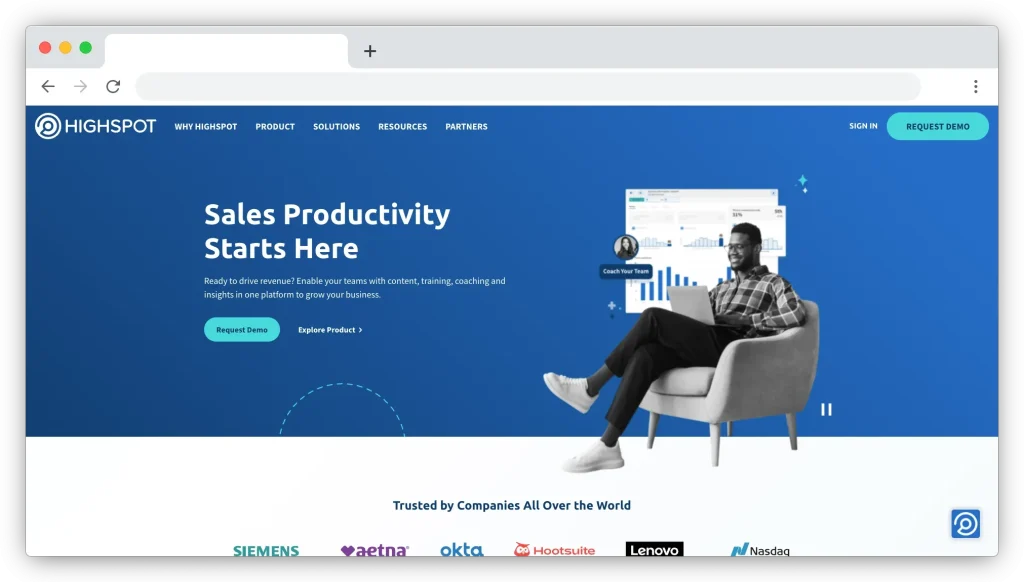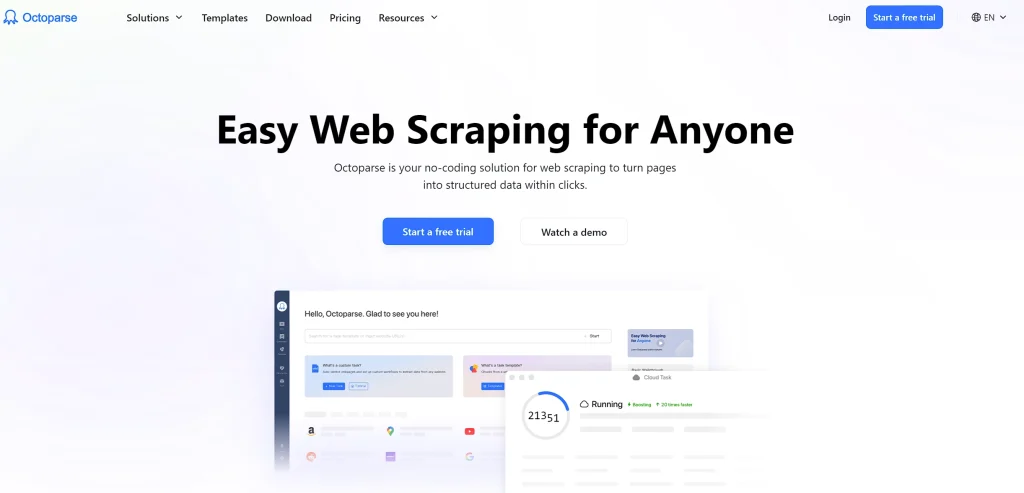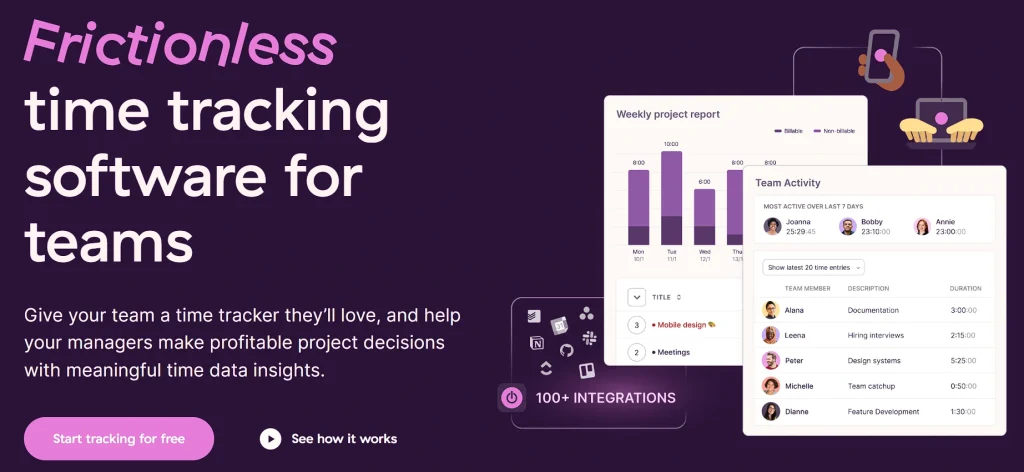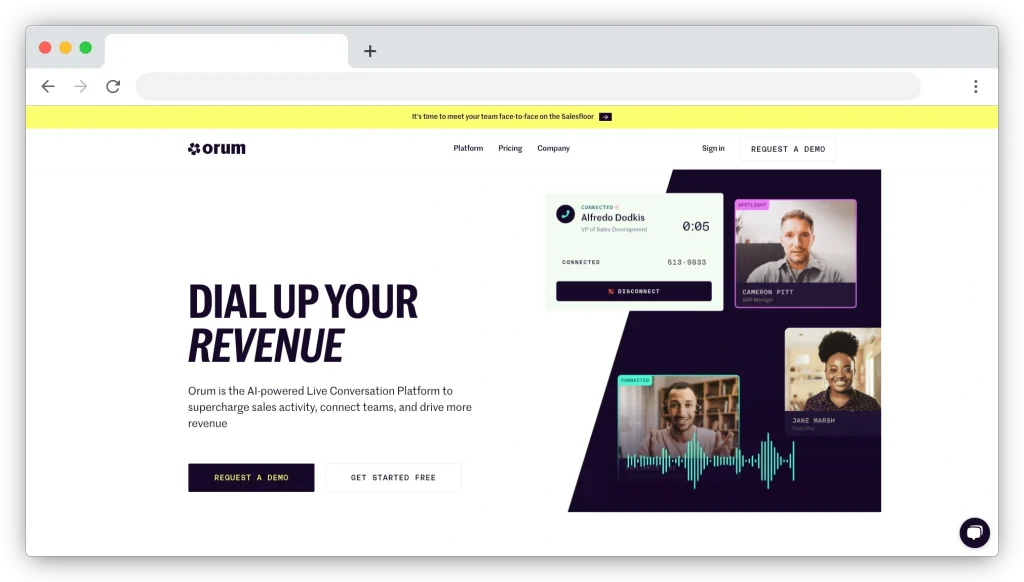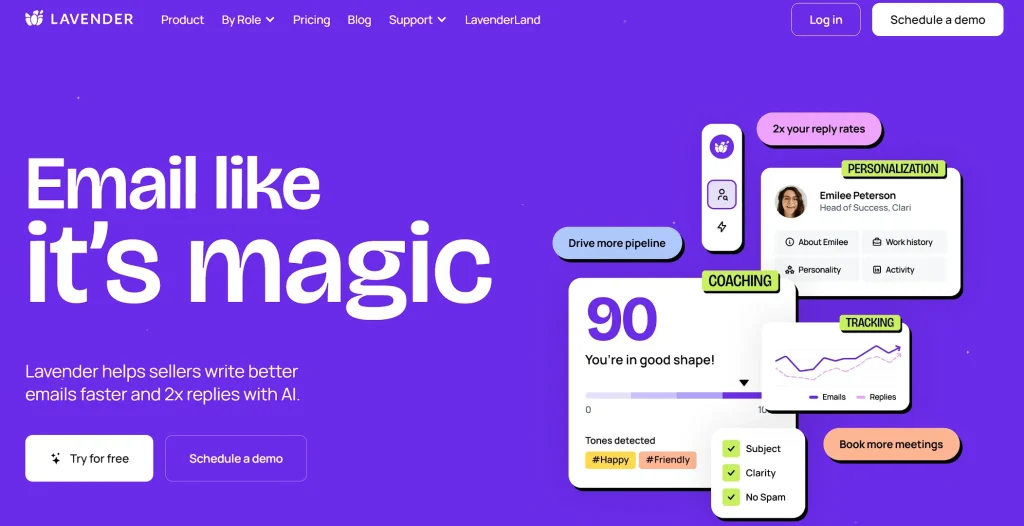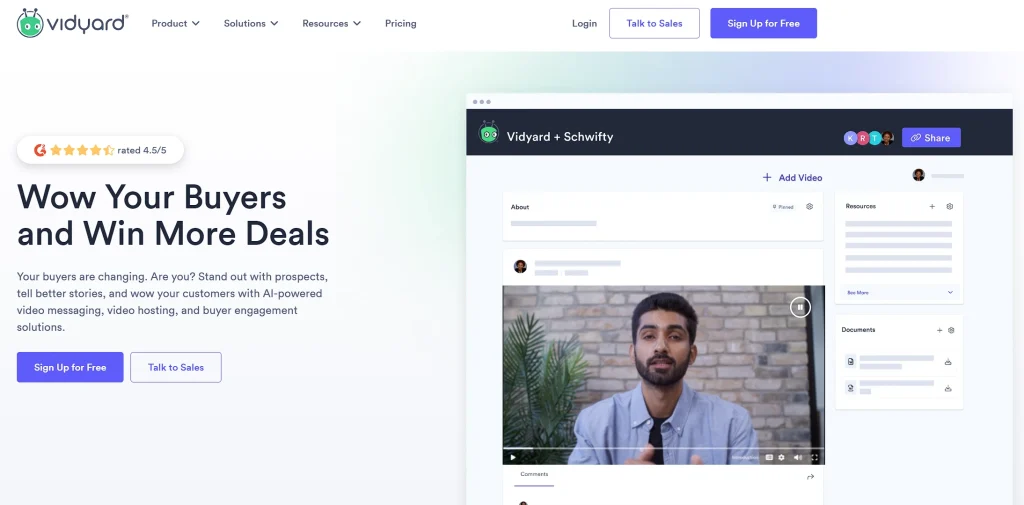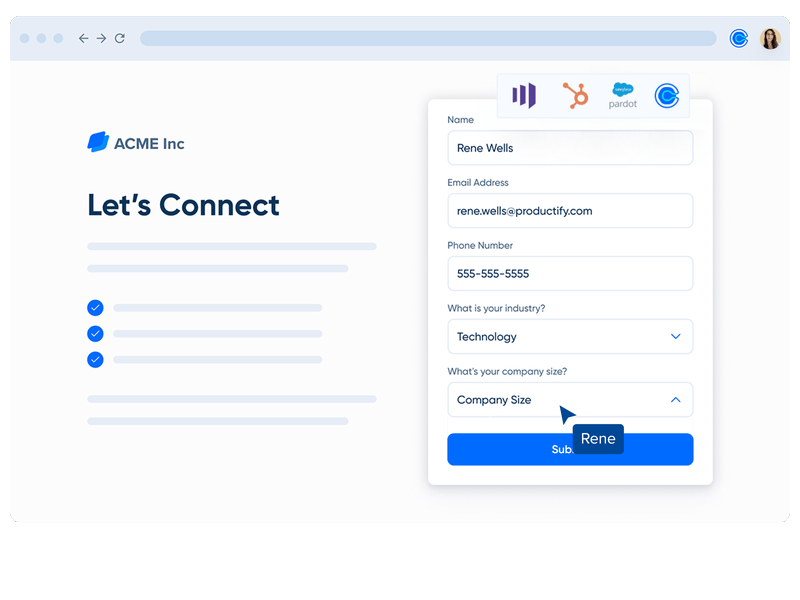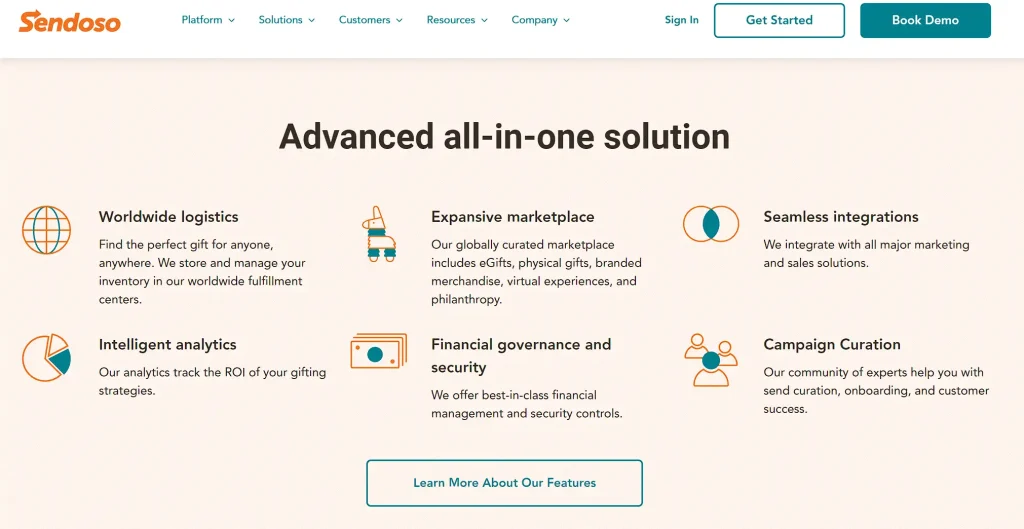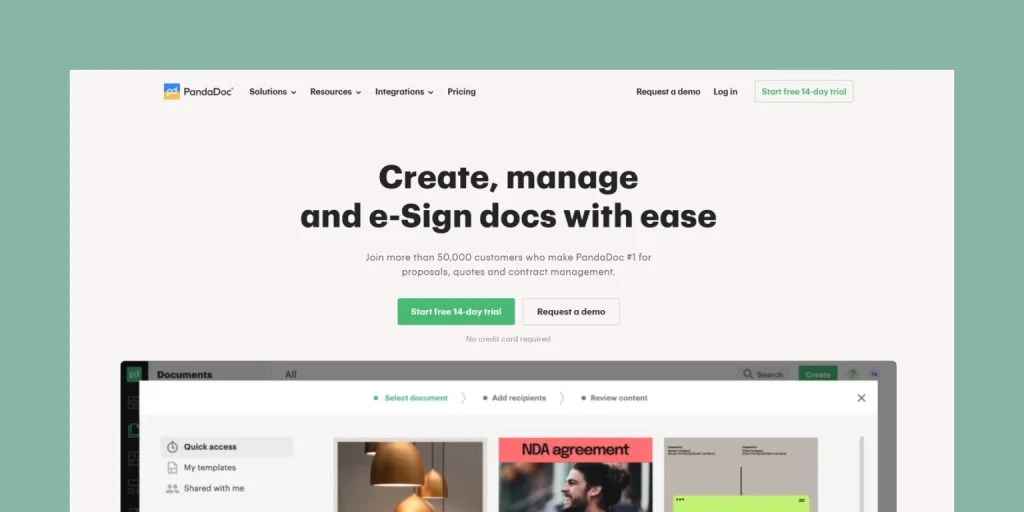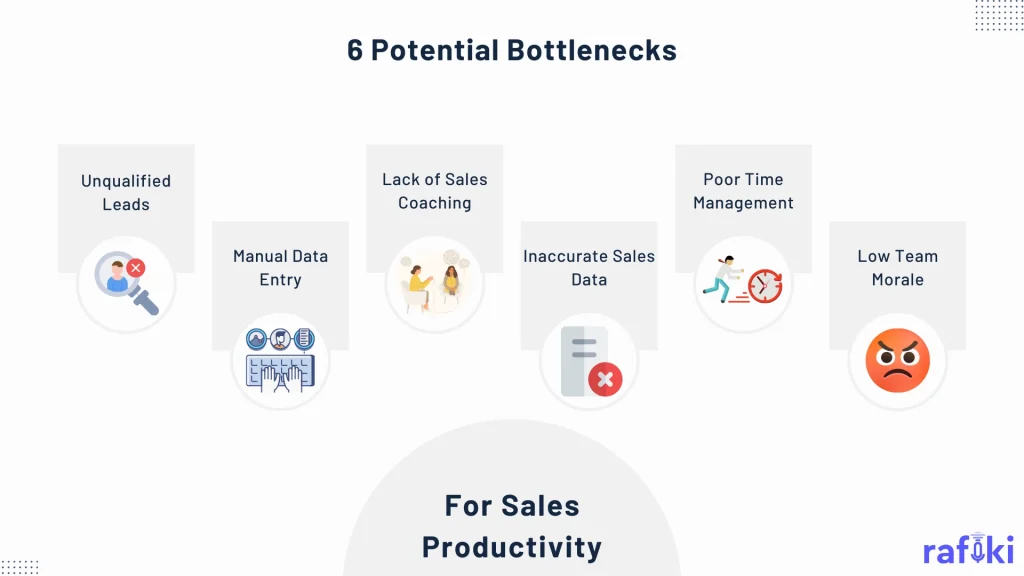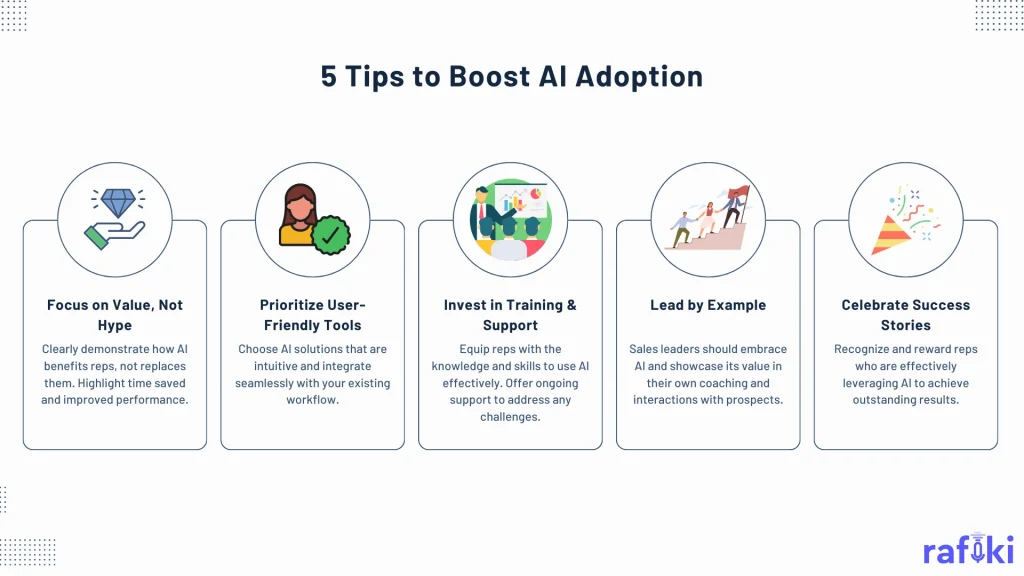How to Be an Effective VP of Sales: A Guide to Success
Being an effective VP of Sales is one of the toughest but also a most critical requirement. Afterall, 69% percent of salespeople who exceeded their annual quota rated their sales leader as being excellent or above average.

Inevitably, VPs of Sales wear many hats, driving their teams to crush goals while simultaneously building a supportive environment for coaching and growth.
But what does it really take to excel in this role? This guide will unpack what you need to do to become an effective VP of Sales, empowering you to lead your team to consistent wins.
What Does a VP of Sales Do?
The VP of Sales is the captain 👨🏻✈️ of the revenue ship ⛴, steering the team towards ambitious sales targets and steering clear of stormy waters. They wear many hats, with a core set of responsibilities that define their success. Here are five key areas VPs of Sales typically focus on:
- Strategic Leadership: VPs of Sales set the strategic direction for the sales force, aligning it with the company’s overall business objectives. This involves analyzing market trends, identifying target markets, and crafting winning sales plans.
- Building a High-Performing Team: They’re responsible for recruiting, developing, and motivating a top-notch sales team. This means attracting talented salespeople, providing ongoing coaching, and fostering a culture of collaboration and continuous improvement.
- Driving Revenue Growth: At the end of the day, VPs of Sales are measured by their ability to deliver results. They set clear sales quotas and hold their teams accountable for achieving them.
- Customer Relationship Management: Building strong relationships with key clients is crucial for long-term success. VPs of Sales may play a role in developing and maintaining these relationships, ensuring customer satisfaction and repeat business.
- Sales Process Optimization: VPs of Sales constantly evaluate and improve the sales process. This involves identifying bottlenecks, implementing new sales methodologies, and leveraging technology to streamline operations.
Now that we know the key areas an effective sales VP should focus on, let’s dive into what exactly should be done in these areas. Here are 10 ways to achieve that effectiveness as a VP:
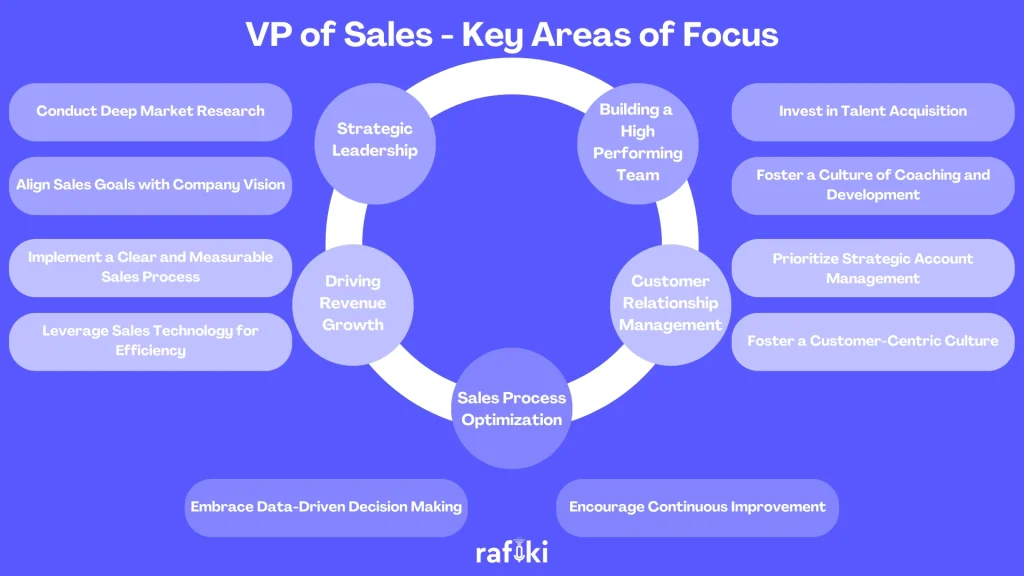
Strategic Leadership
Conduct Deep Market Research
Don’t sail blind 🛳 ! Effective VPs of Sales consistently analyze market trends, competitor activity, and customer needs through in-depth research. This can involve surveys, focus groups, competitor analysis tools, and even attending industry conferences. Understanding the competitive landscape empowers you to craft unique value propositions that resonate with your ideal customers. For example, if your research shows a growing customer pain point that your competitors aren’t addressing, you can tailor your sales pitch to emphasize how your product directly solves that problem. This deeper knowledge can significantly improve your conversion rates and help you win more deals.
Align Sales Goals with Company Vision
Sales can’t function in a silo. Effective VPs of Sales ensure their team’s goals are tightly aligned with the company’s overall vision and strategic objectives. This goes beyond simply hitting revenue targets. It means collaborating with leadership across departments (marketing, product) to create a cohesive roadmap for growth. For instance, if the company aims to expand into a new market segment, the VP of Sales would work with marketing to develop targeted campaigns and with product to ensure the offering caters to that specific segment’s needs. When everyone’s rowing 🚣♀ in the same direction, it fosters a sense of purpose within the sales team and increases the likelihood of achieving ambitious targets. Additionally, a strong alignment between sales and other departments improves customer satisfaction by ensuring a seamless experience from initial contact to post-sale support.
Building a High-Performing Team
Invest in Talent Acquisition
Your team is the engine that drives sales growth. Effective VPs of Sales prioritize recruiting top-performing salespeople with the skills, experience, and drive to succeed. This might involve attending industry hiring events, partnering with top recruitment agencies, or even developing a strong employer brand to attract high-caliber candidates. Building a strong talent pool ensures you have the right people in place to execute your sales strategy and consistently hit targets.
Foster a Culture of Coaching and Development
Selling is a continuous learning process. Effective VPs of Sales understand the importance of ongoing coaching and development for their team members. This can involve implementing mentorship programs, providing access to sales training resources, and incorporating Rafiki’s Smart Call Coaching feature. Rafiki analyzes call recordings, identifying areas for improvement and coaching opportunities. By pinpointing specific strengths and weaknesses, VPs can tailor coaching programs to help each manager guide their reps to reach their full potential. Investing in ongoing development empowers your team to adapt to changing market dynamics, present more effectively, and close more deals.
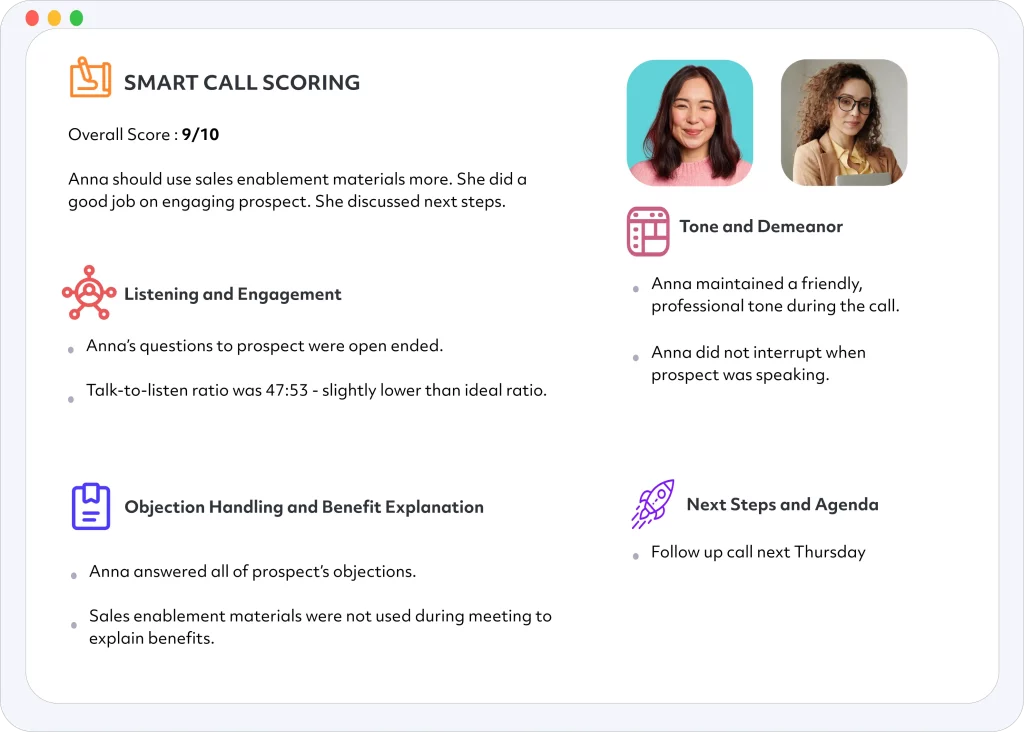
Driving Revenue Growth
Implement a Clear and Measurable Sales Process
Effective VPs of Sales establish a well-defined sales process with clear stages and measurable milestones 🚩. This provides a predictable framework for reps to follow, ensuring consistency and maximizing their chances of closing deals. The process should be tailored to your specific product or service and target market. For instance, selling complex enterprise software might involve a longer sales cycle with multiple decision-makers, demanding a more intricate process compared to selling a subscription-based SaaS product. A clearly defined process allows VPs to identify bottlenecks and areas for improvement, ultimately leading to faster sales cycles and higher win rates.
Leverage Sales Technology for Efficiency
Automation 🤖 is key in today’s sales landscape. Effective VPs of Sales equip their teams with the right sales technology tools to streamline workflows and boost efficiency. This could include CRM software for managing customer data and interactions, sales automation tools for repetitive tasks like email follow-ups, and conversation intelligence platforms like Rafiki. Rafiki’s Smart Call Summary automatically summarizes calls with key details and talking points, saving reps significant time spent on note-taking and allowing them to focus on selling. By leveraging technology, VPs empower their teams to spend less time on administrative tasks and more time on what truly matters: building relationships and closing deals.
Customer Relationship Management
Prioritize Strategic Account Management
Not all customers are created equal. Effective VPs of Sales understand the importance of nurturing relationships with key clients, focusing on building long-term partnerships that generate recurring revenue. This might involve assigning dedicated account managers to high-value clients, establishing regular communication channels, and proactively addressing their needs. Strong relationships with strategic accounts lead to increased customer satisfaction, reduced churn, and the potential for upselling and cross-selling opportunities.
Foster a Customer-Centric Culture
Sales success hinges on understanding and exceeding customer expectations. Effective VPs of Sales cultivate a customer-centric culture within their teams. This means encouraging reps to actively listen to customer needs, tailor solutions accordingly, and prioritize building trust over making a quick sale. One way to achieve this is by implementing a system for gathering customer feedback, such as post-sales surveys or win-loss analysis. So, by incorporating customer insights into sales strategies and training programs, VPs can ensure their teams are well-equipped to deliver exceptional customer experiences that drive loyalty and repeat business.
Sales Process Optimization
Embrace Data-Driven Decision Making
Effective VPs of Sales don’t rely on gut instinct alone. They leverage data and sales analytics to identify areas for improvement within the sales process. This involves tracking key metrics like conversion rates, sales cycle length, and win/loss ratios. Rafiki’s Lead Scoring feature can also be a valuable tool here. By analyzing conversations, Rafiki assigns scores to leads based on their fit and purchase intent, while also adhering to the sales and qualification methodologies your team uses. This data can help VPs identify high-potential leads and tailor resources accordingly. Thus, by analyzing sales data, VPs can pinpoint bottlenecks, prioritize areas for improvement, and experiment with different strategies. This data-driven approach ensures the sales process is constantly evolving and optimized for maximum effectiveness.
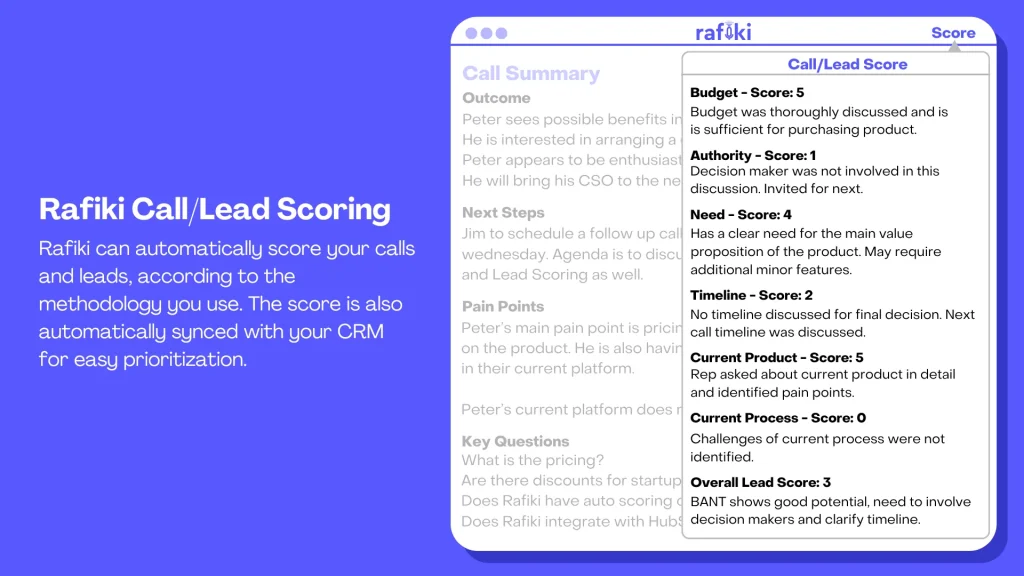
Encourage Continuous Improvement
The sales landscape is constantly changing. Effective VPs of Sales understand the need for continuous improvement within their teams and the sales process itself. This might involve hosting regular sales meetings to discuss challenges and best practices, or even implementing a system for win-loss analysis to glean insights from both successful deals and lost opportunities. So, by fostering a culture of continuous learning and improvement, VPs can ensure their teams stay ahead of the curve, adapt to changing market dynamics, and consistently deliver strong results.
Apart from all these key areas to focus on, there are certain skills and qualities that an effective VP of sales would possess. Take a look here.
Setting Sail for Success
The journey to becoming an effective VP of Sales requires a blend of strategic thinking, strong leadership, and a commitment to continuous improvement. Incorporating these key strategies into your approach can empower your team to consistently achieve ambitious goals and navigate ☸ the ever-evolving sales landscape.
Ready to take your sales pipeline to the next level?
See how Rafiki can help you optimize your sales strategy & operations to drive revenue growth. Sign up for your free 14-day trial today and discover how conversation intelligence can transform the effectiveness of your sales leadership.
Master Sales Leadership
